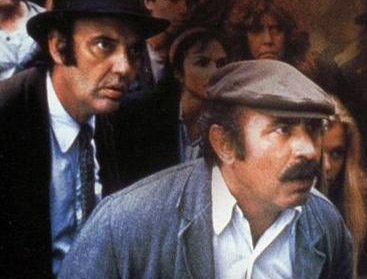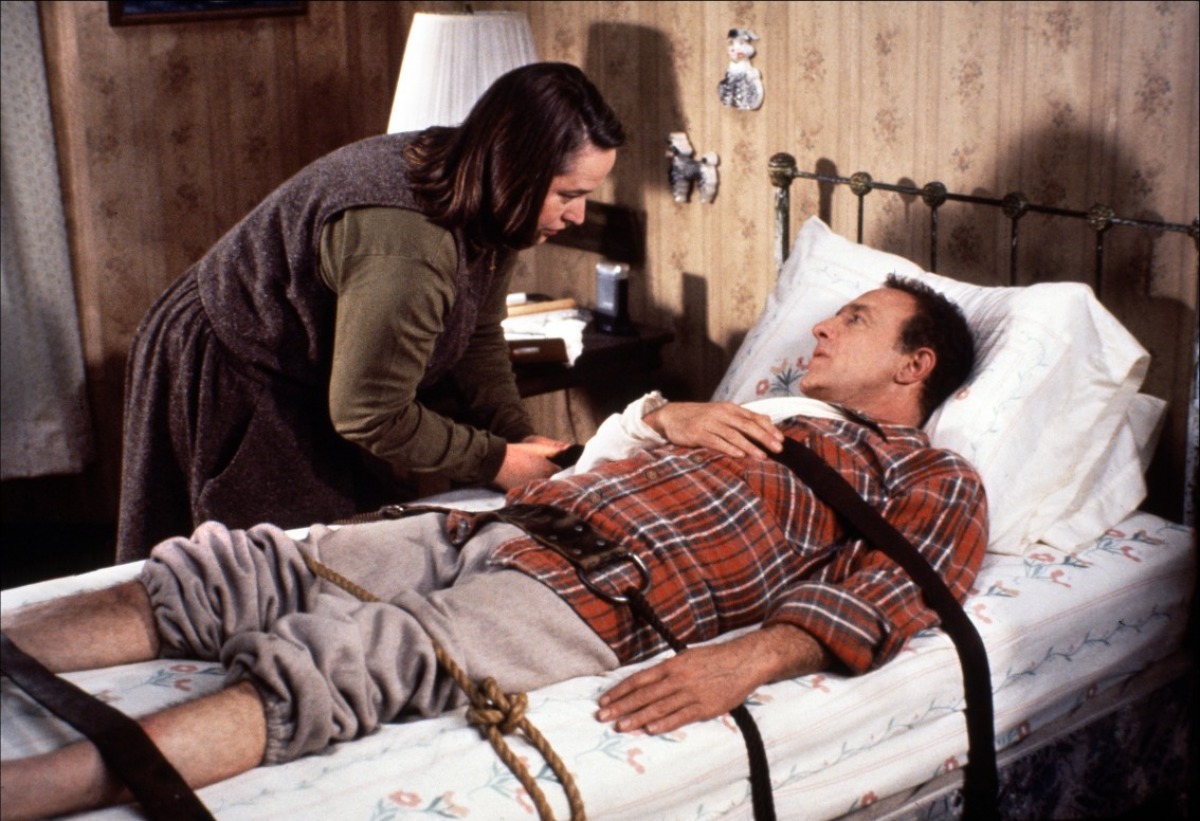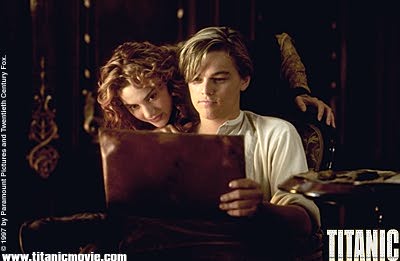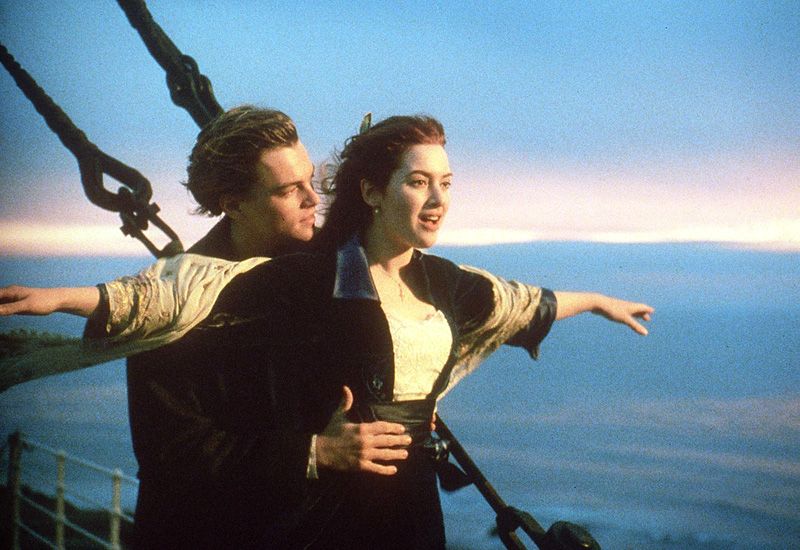From the Chicago Reader (September 7, 1990). — J.R.

THE RAGGEDY RAWNEY
*** ( A must-see)
Directed by Bob Hoskins
Written by Hoskins and Nicole De Wilde
With Dexter Fletcher, Hoskins, Zoe Nathenson, Dave Hill, Ian Dury, and Zoe Wanamaker.

An offbeat and highly original English film that’s been very slow making the rounds — Bob Hoskins’s The Raggedy Rawney (1987) — may be in trouble commercially. It didn’t even show in England until about two years after its completion, and it took an additional year to reach Chicago. Now that it’s here, it has at least five serious handicaps:
(1) At first glance, hardly anyone has any idea what the title means. (“Rawney,” a rather specialized word not found in most dictionaries, roughly means “magical madwoman.”)
(2) As an actor, Hoskins is basically known for his roles in contemporary settings, usually within a noir context — either as a gangster (as in The Long Good Friday and Mona Lisa) or as a detective (as in Who Framed Roger Rabbit). His part in The Raggedy Rawney, as a sort of gypsy leader, plays off neither of these associations, nor is it the lead role.
(3) Inspired by a legend told to Hoskins as a child by his grandmother that reportedly can be traced all the way back to the Hundred Years’ War (1337-1443), the movie is nonetheless given a setting so vaguely defined that the best description I’ve seen yet (published in the synopsis in Monthly Film Bulletin) is: “Sometime during the first half of the 20th century, in a European country at war.” Read more
From the Chicago Reader (December 7, 1990). — J.R.

MISERY
** (Worth seeing)
Directed by Rob Reiner
Written by William Goldman
With James Caan, Kathy Bates, Richard Farnsworth, Frances Sternhagen, and Lauren Bacall.
Although it didn’t impress me too much when I first saw it, The King of Comedy has gradually come to seem the most important and resonant of Martin Scorsese’s features, largely because of all it has to say about the values we place on both stars and fans in contemporary society. Part of what makes it so pungent is the casting: by all rights, talk-show star Jerry Langford (Jerry Lewis) should be the “hero” and his crazed kidnapper-fans Rupert and Masha (Robert De Niro and Sandra Bernhard) the “villains”; but De Niro after all is a charismatic star in his own right, while Lewis has long been someone Americans love to hate. The same kind of twist on stereotypes occurs in the story: Rupert is an obnoxious loser and Masha a borderline psycho, but Langford’s offstage persona is so morose and unpleasant that next to him they seem like models of humanity. To make matters even more disturbing, Masha clearly regards Langford as a substitute for her own neglectful parents, and Rupert’s climactic stand-up comedy debut, won as a ransom for kidnapping Langford, largely consists of contemptuously trashing his own family and background. Read more
From the Chicago Reader (December 19, 1997). — J.R.

Titanic
Rating *** A must see
Directed and written by James Cameron
With Leonardo DiCaprio, Kate Winslet, Billy Zane, Kathy Bates, Frances Fisher, Gloria Stuart, Bill Paxton, Bernard Hill, and Suzy Amis.

I suppose there’s something faintly ridiculous about a $200-million movie that argues on behalf of true love over wealth and even bandies about a precious diamond as a central narrative device — like Citizen Kane’s Rosebud — to clinch its point. Yet for all the hokeyness, Titanic kept me absorbed all 194 minutes both times I saw it. It’s nervy as well as limited for writer-director-coproducer James Cameron to reduce a historical event of this weight to a single invented love story, however touching, and then to invest that love story with plot details that range from unlikely to downright stupid. But one clear advantage of paring away the subplots that clog up disaster movies is that it allows one to achieve a certain elemental purity.

This movie tells you a great deal about first class on the ship, a little bit about third class, and nothing at all about second class. According to Walter Lord’s 1955 nonfiction book about the sinking of the Titanic, A Night to Remember, which includes a full passenger list, 279 of the 2,223 passengers were in second class, and 112 of them survived. Read more






